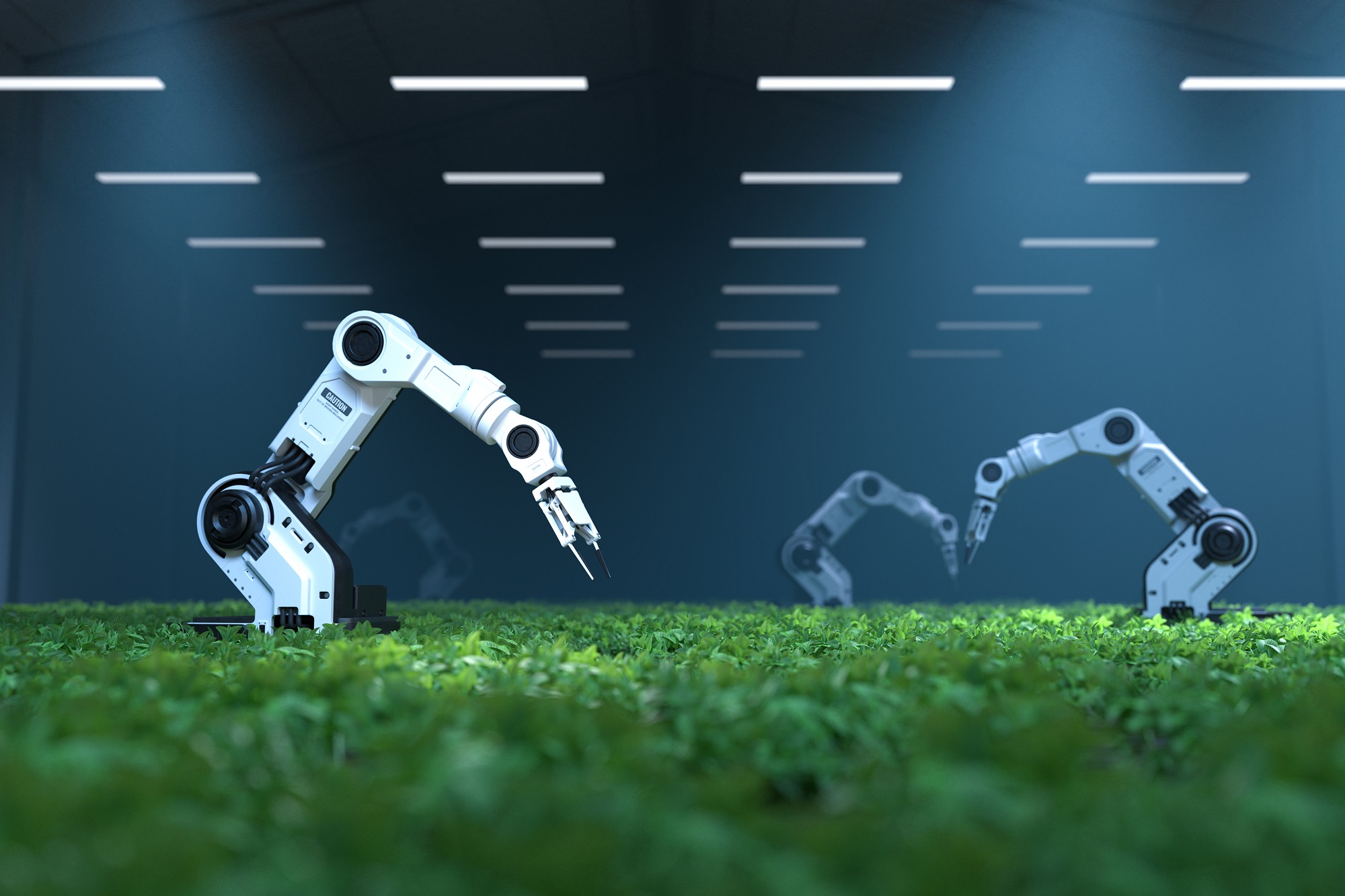Artificial Intelligence (AI) and other disruptive technologies have the potential to increase human well-being substantially. We need to build on this new reality by focusing on options for regulating the use of AI and algorithmic management systems across the world. Workers and employers will increasingly be confronted with AI applications and AI-induced software. This means that labor relations will be affected on a great level.
Furthermore, it is critical to recognize that the adoption of technology on a massive scale may lead to employment reclassification. Individuals will change positions and work conditions, while being transferred to new environments where technology is considered as a strategic partner to operational processes in business. Human resources will face a substantial change in the level of accountability and responsibility, while they will have to increase their knowledge and skills as an effort to meet new requirements.
Another important fact to consider is that human resources practitioners may need to protect workers supervising the AI systems. They must provide workers who are responsible for the AI use in business with the protections necessary for them. It is quite difficult to understand the logic of an AI system, especially when analyzing personal human resources data. Therefore, it is important to create a law environment in which employees will be supported by fair rules.
Artificial Intelligence is already being used on business. For instance, Alibaba uses AI to power the retail and B2B (business-to-business) services in an unprecedented way. Alphabet (Google), Microsoft, Amazon, Apple, Baidu, Facebook, and other similar companies maximize the potential of AI by using deep learning and machine learning techniques, achieving goals such as protecting user privacy.
IBM uses cognitive computing in the context of debating with human beings, Domino enables AI to serve up hundreds of thousands of orders daily, McDonald’s do the same by using robots and Artificial Intelligence to automate processes, while Samsung automates the workplace with AI applications. Companies such as Unilever use Artificial Intelligence to their recruiting processes, while LinkedIn exploits AI to discover trends of human skills.
Banks such as the American Express use these technologies to detect and tackle fraud, academic organizations such as Elsevier use AI to improve scientific research, and in the automobile industry multinational companies such as BMW and Mercedes use new means of technology to build the cars of tomorrow. In practice, most of biggest companies around the world exploit AI to their operations.






















0 comments:
Post a Comment